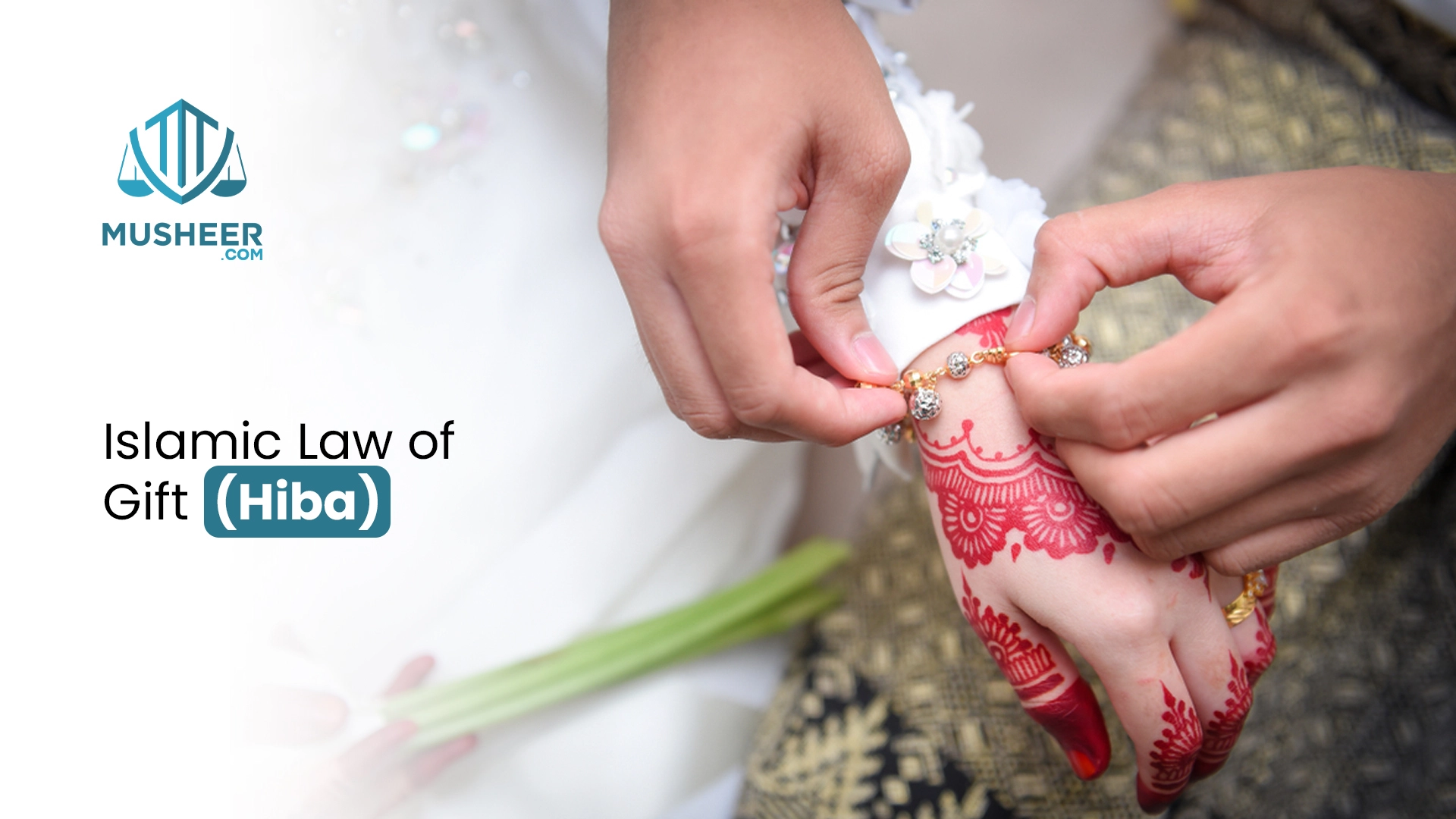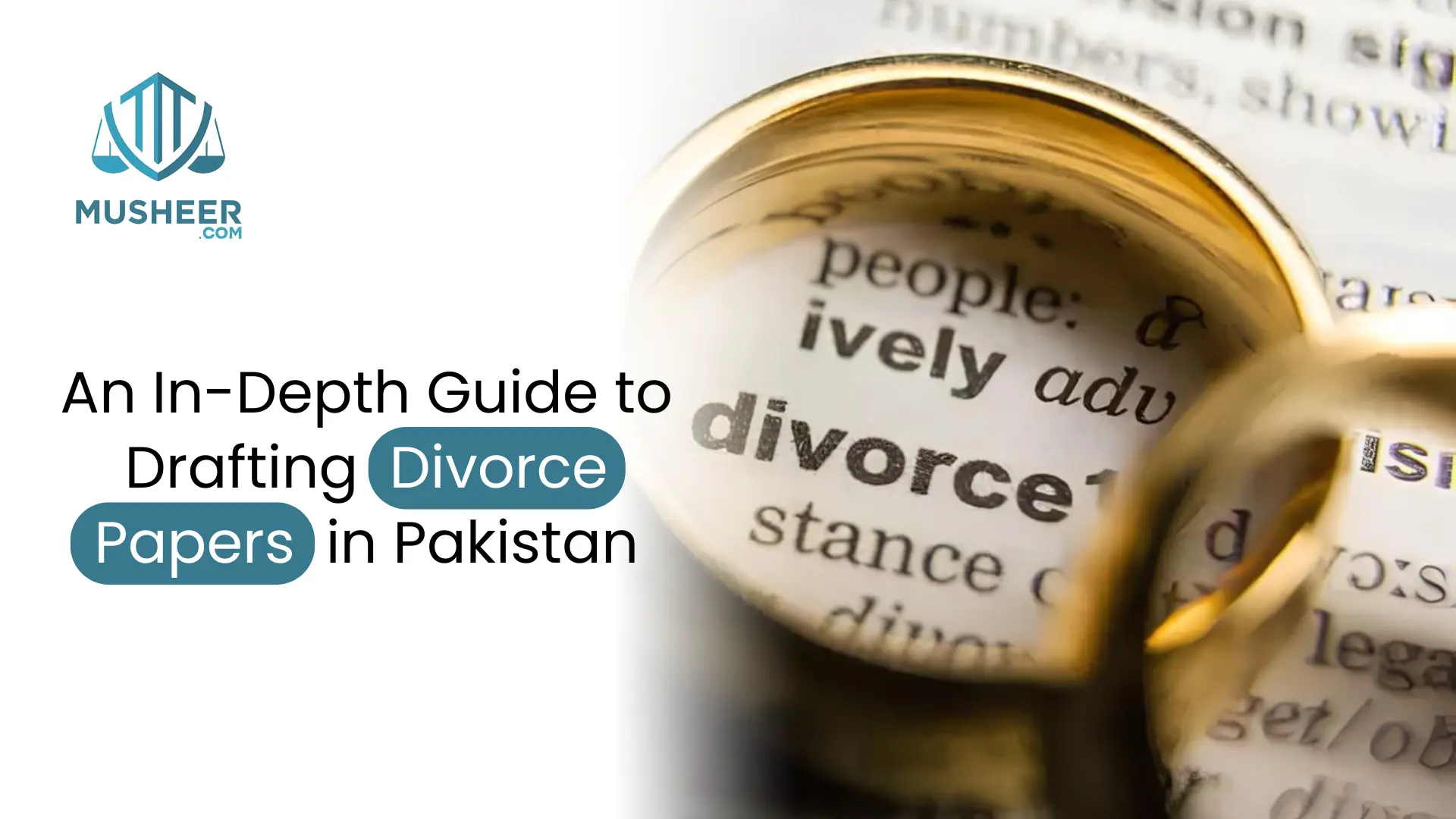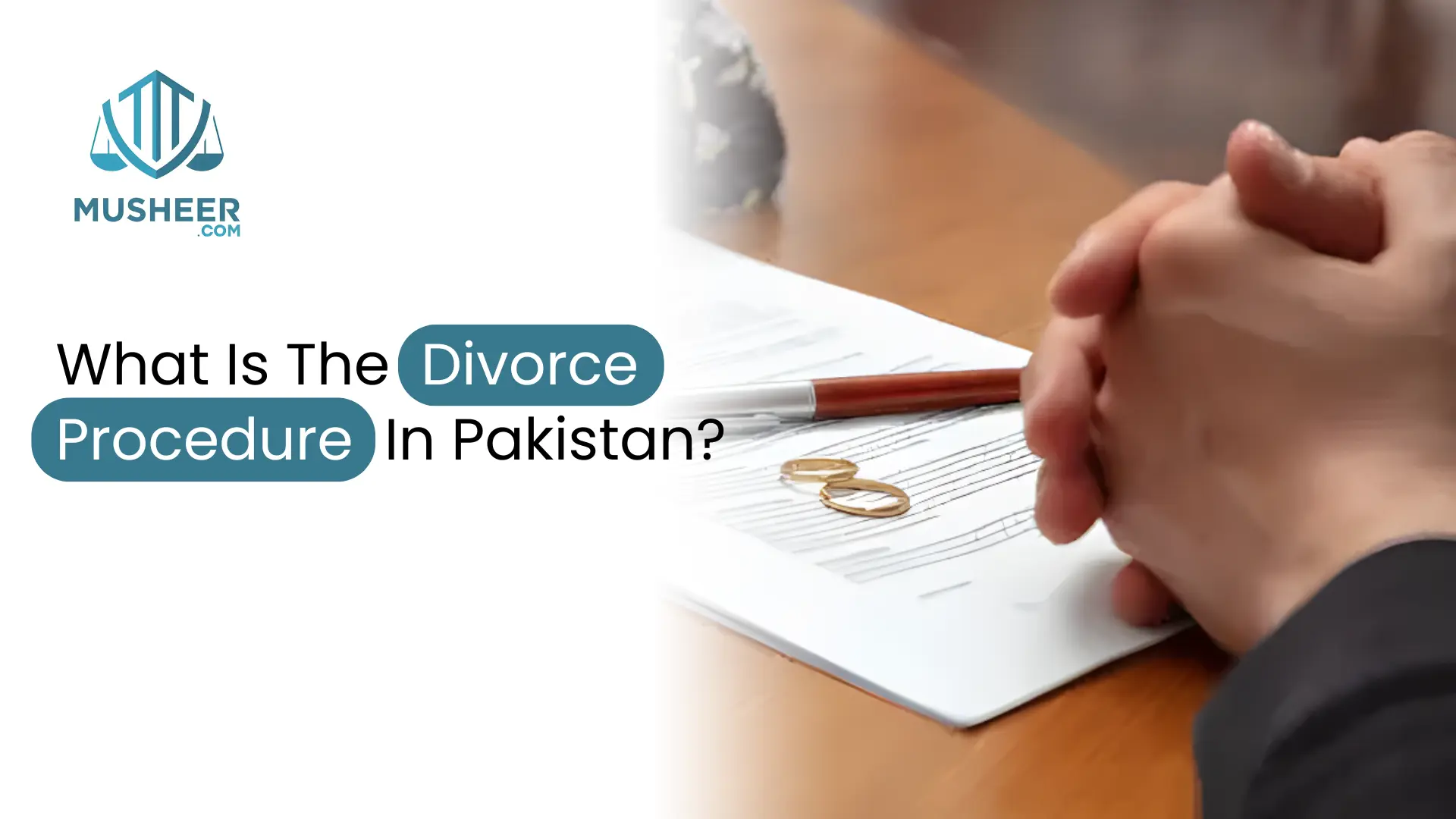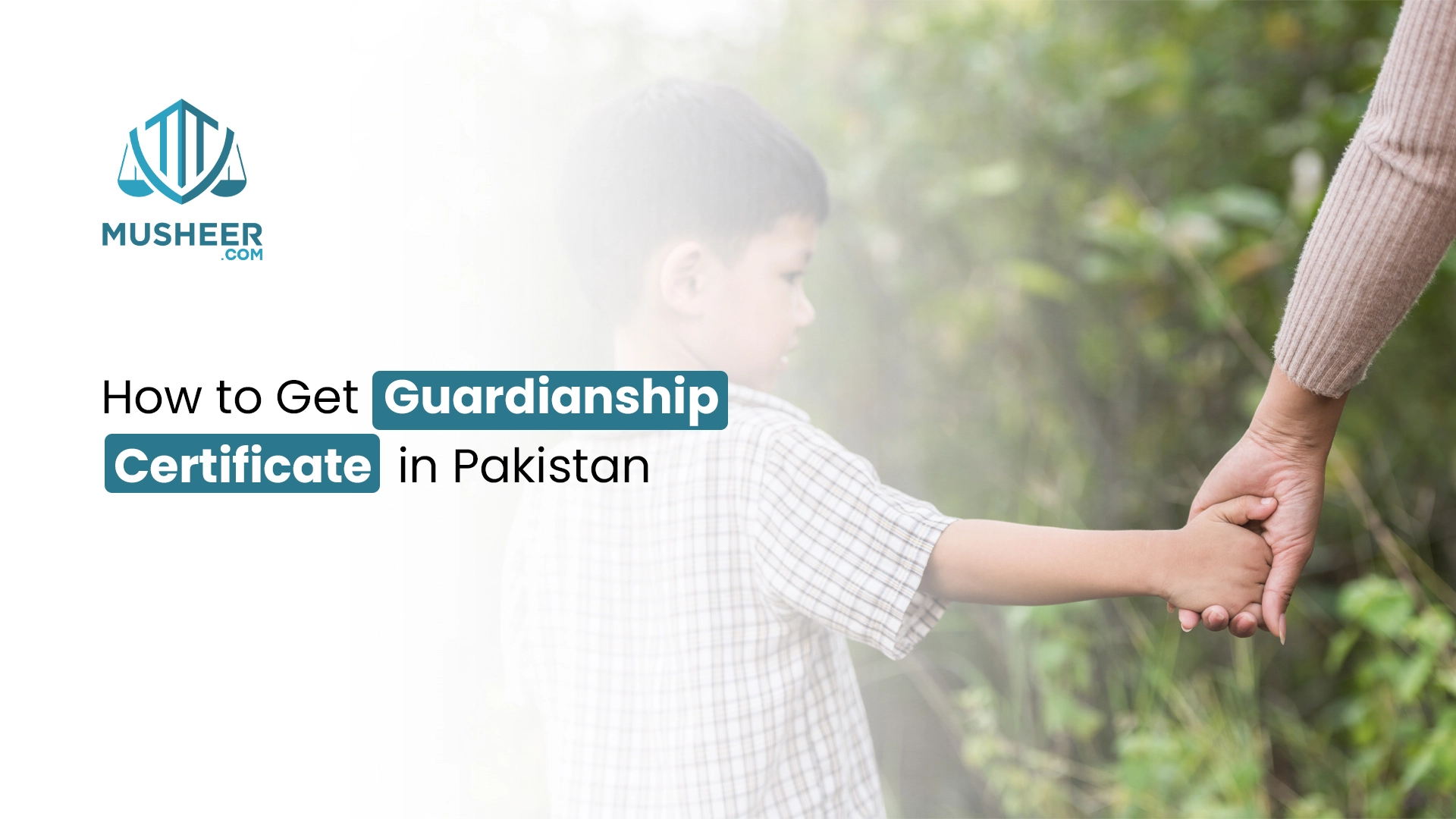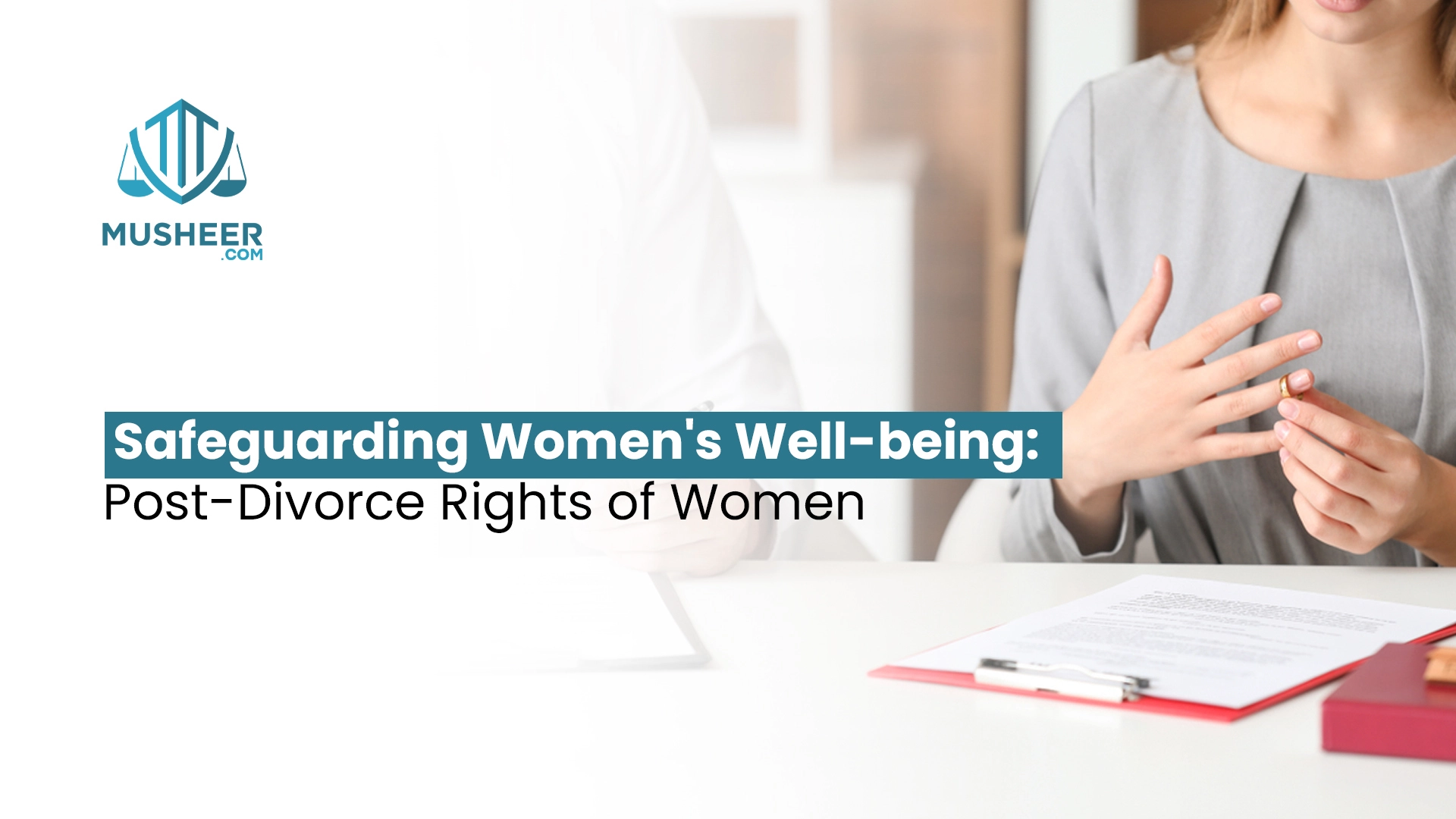Gift-giving has been a part of human societies for centuries, reflecting acts of generosity, affection, and goodwill. In Islamic tradition, the concept of gifting is known as ‘hiba’. And in this article, we will delve into the concept of Hiba in the Islamic Law of Gift, its key principles, and its application within the framework of Sharia.
What is the General Concept of Hiba in Islamic Law?
In Islamic law, Hiba is when an individual voluntarily gifts something to someone else, without expecting anything in return. Hiba is seen as an act of generosity and kindness. In the Islamic legal system, there is a proper framework for Hiba.
Also, Hiba can be of more than one form. It can include the transfer of property, money, or assets from one party (the donor) to another (the recipient).
The Foundation of Hiba
In Pakistan, the Transfer of Property Act governs matters related to gifts.
Section 122 of the Transfer of Property Act defines gift as:
'Gift' is the transfer of certain existing movable or immovable property made voluntarily and without consideration, by one person, called the donor, to another, called the donee, and accepted by or on behalf of the donee.
Such acceptance must be made during the lifetime of the donor and while he's still capable of giving. If the donee dies before acceptance, the gift is void.
Gifts made by Muslims are subject to their personal law, which upholds the concept of "hiba." Hiba under muslim law represents a voluntary transfer of ownership of movable or immovable property from one person (donor) to another (donee) without any consideration.
Historical Context and Philosophical Underpinnings
Hiba finds its roots in the teachings of the Quran and the Sunnah (traditions of the Prophet Muhammad). The Quran emphasizes the virtue of giving and sharing, highlighting the spiritual rewards of acts of charity. The concept of hiba aligns with the broader Islamic principle of stewardship, where wealth is regarded as a trust from Allah and is to be used for the betterment of society. The Prophet Muhammad's actions and sayings further exemplify the importance of gifting, encouraging Muslims to bestow blessings upon others through acts of generosity.
Gift as a Legal Transaction
Within the realm of Islamic jurisprudence, hiba is recognized as a legal transaction with specific conditions and requirements. The act of gifting is voluntary and must involve the transfer of ownership of property or rights from the donor to the donee. This transfer is immediate and unconditional, requiring acceptance by the donee.
Ameer Ali defines hiba as:
“A hiba is a voluntary gift without consideration, of property or the substance of thing by one person to another so as to constitute the donee the proprietor of the subject-matter of the gift.”
According to the Hedaya
“A hiba is transfer of property made immediately and without any exchange.”
Defining the Elements of Hiba
The essence of gift in muslim law, is the transfer of ownership from one party to another without any form of consideration or compensation. This transfer is immediate and unconditional. A hiba may involve movable or immovable property, and it is critical for the donee to accept the gift.
The Elements of a Valid Hiba are:
a. Capacity of the Donor:
i) The Donor must be a Muslim.
ii) The Donor must have attained the age of majority.
iii) The Donor must be of sound mind.
iv) The Donor must own the property being gifted. In other words, the ownership of the property must be with the donor, at the time of making a gift.
b. Capacity of the Donee:
i) The Donee may be a Muslim or non-Muslim.
ii) The Donee may be of any gender, marital status, or age. There is no qualification for a Donee.
iii) The Donee must be in existence at the time of the gift. This means that a gift to an unborn person or to a dead person is invalid. However, a gift to an unborn person who is in the womb and is born within six (6) months of making the gift is valid.
c. Conditions for a Valid Hiba:
i) Voluntary Transfer:
Hiba is a voluntary act of transferring ownership from the donor to the donee without any form of compulsion or coercion. This emphasis on voluntariness aligns with the broader Islamic principle of sincerity in actions. The act of giving should come from the heart, reflecting a genuine desire to benefit the recipient and earn spiritual rewards.
ii) Immediate and Unconditional:
The transfer of ownership through hiba is immediate and unconditional. This means that the donor's intent to transfer ownership is effective immediately upon making the gift. Unlike other legal transactions that may involve delayed actions or contingent events, hiba takes effect promptly upon acceptance by the donee. This immediacy ensures clarity and prevents any ambiguity in the transfer of property.
iii) Acceptance by the Donee:
While the donor's intention to gift is crucial, the acceptance of the gift by the donee is equally important. Acceptance serves as validation of the transfer and demonstrates the donee's willingness to assume ownership of the gifted property. This act of acceptance differentiates hiba from other forms of transfer and solidifies the legal status of the gift.
iv) Absence of Consideration:
One of the defining characteristics of hiba is the absence of consideration or compensation. Unlike a commercial transaction, where parties exchange goods or services for monetary value, hiba is driven by selflessness and a desire to benefit others without expecting anything in return. This aligns with the principles of charity and generosity emphasized in Islamic teachings.
v) Transferred Property and Ownership:
The property being gifted must be identified and clearly specified. Whether it is movable or immovable property, the subject of the gift should be defined to avoid confusion or disputes. Furthermore, the donor must have legal ownership of the property at the time of making the gift. This ensures that the donor has the rightful authority to transfer ownership to the donee.
vi) Soundness of Mind and Legal Capacity:
For hiba to be valid, both the donor and the donee must possess legal capacity. The donor should be of sound mind, capable of understanding the implications of the gift and making decisions independently. Similarly, the donee must have the legal capacity to accept the gift. This ensures that the transaction is made in accordance with the principles of free will and informed consent.
vii) Donor's Intent and Purpose:
The intention behind the gift is a significant factor in hiba. The donor's motivation should align with the principles of generosity and charity. The act of giving should not be tainted by ulterior motives or hidden agendas. While hiba can be a means of expressing affection and care, it should not be used as a tool to circumvent other legal obligations, such as inheritance rights.
viii) Non-Retrospective and Irrevocable:
Hiba is generally considered non-retrospective, meaning it cannot be revoked or canceled once it has been made and accepted by the donee. This principle ensures stability and certainty in property ownership. However, certain conditions or events agreed upon by both parties at the time of the gift may lead to revocation or suspension of the gift, as allowed by Islamic law.
Form of Gift
Gift under Muslim law may be (a) oral or (b) written. Oral gift is as effective as a written one provided it fulfills all requisites of a valid gift. Under Islamic law even a gift of immovable property can be made verbally and without recourse to written instruments, the only condition is the transfer of possession.
In the case of Muhammad Ejaz vs. Mst. Khalida Awan, 2010 SCMR 342 it was held that:
"valid gift can be effected orally, if the prerequisites i.e. (a) declaration of gift by the donor (b) acceptance of gift by the donor (c) delivery of possession of corpus, are complied with. Written instrument is not the requirement under Muslim Law nor is the same compulsorily registrable under Registration Act, 1908”
Registration of Gift Deed
A gift deed recording the gift of a moveable property is not mandatorily registrable under the Registration Act, 1908. However, Section 17(a) of the Registration Act, 1908 requires that gifts of immovable property made by or through written documents require registration. It would also require stamping pursuant to the Stamp Act, 1899.
Extent of Gift
It is a general rule that the donor can gift out the whole of his property to anybody during his lifetime. This may be in favor of any person, including his legal heir or a stranger. However this rule has the following exceptions:-
(i) Gift during marz-ul-maut (deathbed illness)
(ii) Gift through will (testamentary gift)
(a) Gift during Marz-ul-Maut
A gift made during marz-ul-maut, is subject to certain restrictions, but here one thing must be kept in mind that such a gift must fulfill all the conditions necessary to make a valid gift. The Hanafis and Shias hold that such gifts are valid to the extent of 1/3rd unless heirs consent but Malikis hold these gifts as void. The donor can dispose of property during marz-ul-maut to the following persons:
(i) Non heir
A person can't make a valid gift of more than 1/3rd of his property.
(ii) Heir
It is altogether invalid.
(b) Gift through Will
Under Islamic law a testator is prevented from making a gift through will in favor of his legal heir as this interferes with the succession law, however, he may gift out a specified portion up to 1/3rd to a stranger or a non-legal heir.
Kinds of Gifts
There can be certain types of gifts, which are in fact variations of hiba and hence are
explained here for clarifying the concept and comparative study. They may include the following:
(1) Sadaqa
It is a gift with a religious motive. It has the following points of distinction with hiba.
(a) The motive here is religious, which is not necessary in case of hiba.
(b) It is always irrevocable, whereas in certain conditions hiba is revocable.
(2) Aaria't
It is a sort of granting permission or license to use usufruct of the property. Here
property itself is not gifted out, but a right to enjoy the benefits is transferred. Following points must be kept in mind:
(a) It is revocable
(b) The only right is in the use or enjoyment of the usufruct of the property. The ownership in property is never transferred
(3) Hiba-bil-lwaz
It means a gift with consideration or iwaz. The concept of hiba-bil-iwaz departs from the definitional aspect of a gift because essentially, a gift is something that is given without consideration. Simply put, if a gift has duly been made and completed, but subsequently the donee also gives something to the donor in lieu of this gift, then the gift is called Hiba-bil-iwaz. Hiba-bil-iwaz is like a contract for sale and becomes irrevocable from the moment of its making. However, delivery of possession is not compulsory for the validity of Hiba-bil-iwaz.
In order to make a valid gift through hiba-bil-iwaz following two conditions must be fulfilled:
(a) Actual payment of consideration on part of donee
(b) A bona fide intention on part of the donor to transfer the possession of the property to the donee.
Hiba-bil-Shart-ul-lwaz
Hiba-bil-Shart-ul-Iwaz means a gift with a condition for something in return. Here the payment of consideration is postponed. As the consideration is postponed, the delivery of possession is essential. In the beginning it is a gift but when the consideration is paid it becomes a sale. It is revocable and becomes irrevocable after paying the consideration.
Doctrine of Musha
Musha is an Arabic word meaning, "undivided share in property". It is derived from the
word, "Shuyum". Such property may be movable or immovable. A gift of an undivided share in a property can present challenges as to its validity.
Under the Hanafi law, if the property being gifted is capable of division and a gift is made of a property which is capable of division without firstly dividing the same, it is always treated as invalid though not altogether void, as it can be rendered valid by subsequent partition and delivery. However, in these cases a gift of musha in a property capable of division is also treated as valid;
(a) gift by one heir to another, and (b) gift of shares in a company.
On the other hand, where gifted property is incapable of division, the gift is always valid.
Under Shia law the gift of musha is valid in each case, provided the donor gives to the donee possession of property by vacating and permitting him to exercise his control over it.
Revocation of Gifts under Islamic Law
According to Hanafi law, though the revocation of a gift is worthy of reprobation from a moral point of view, yet it is not illegal. The revocation of a gift, according to the Fatawai-Alamgiri, “is abominable under any circumstance, but is valid nevertheless.”
Therefore, a gift is revocable before delivery of possession of the subject matter of the gift except in the following cases:
(a) when the gift is made by a husband to his wife or by wife to her husband;
(b) when the donee is related to the donor within the prohibited degree;
(c) when the donor or donee is dead;
(d) when the thing given has passed out of the donee’s possession by sale, gift or otherwise;
(e) when the thing given is lost or destroyed;
(f) when the thing given has increased in value, whatever be the cause of the increase;
(g) when the thing given is so changed that it cannot be identified, as when wheat is converted into flour by grinding;
(h) when the donor has received something in exchange (iwaz) for the gift;
(i) where gift was a sadqah or having religious objects;
However, after delivery of possession, a gift cannot be revoked except with the express mutual consent of the donor and done or through a decree of court. Neither a declaration of revocation by the donor nor even the institution of a suit for resuming the gift is sufficient to revoke the gift. Until a decree is passed, the donee is entitled to use and dispose of the subject of the gift.
Conclusion
The Islamic Law of Gift (Hiba) embodies values of generosity and selflessness, aligning with the spirit of giving that transcends cultures and religions. While the concept of unconditional gifts carries a straightforward nature, conditional gifts bring about legal and ethical complexities. The courts' interpretations of these complexities continue to shape the legal landscape surrounding hiba. As societies progress, the challenge lies in preserving the essence of hiba while adapting to changing circumstances and legal developments. In this delicate balance, the principles of Islamic law and modern legal systems strive to coexist harmoniously, ensuring justice and fairness in the realm of gift-giving.

